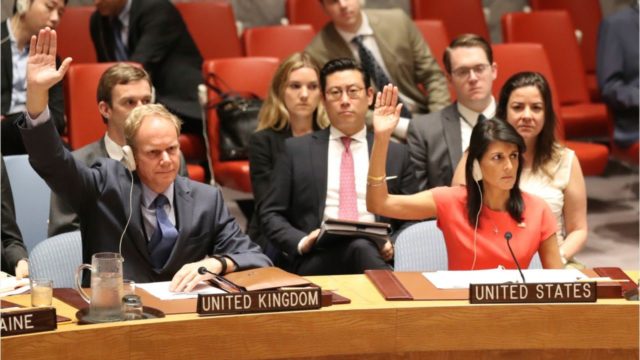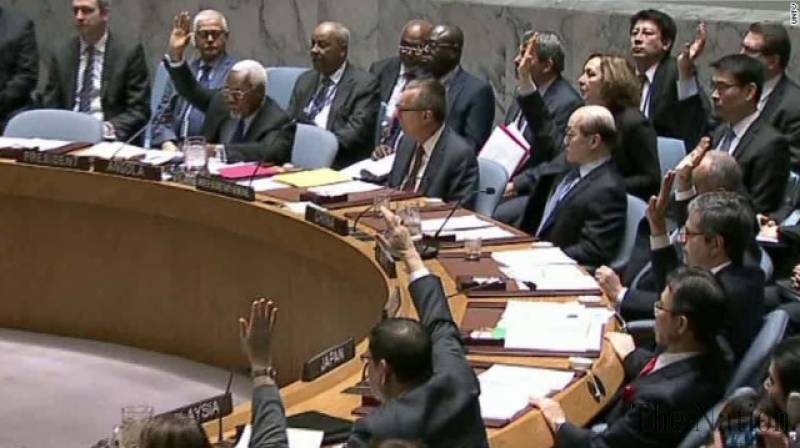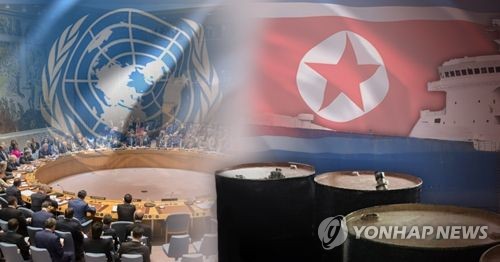
Despite opposing harsh sanctions on North Korea, calling them counterproductive and ineffective, Russia and China bowed to US interests, piling on the DPRK again.
Sanctions mostly harm ordinary people in countries where they’re imposed, not their ruling authorities.
By going along with US demands for tougher sanctions, Moscow and Beijing shamed themselves, siding with an imperial bully against the North Korean people, grievously harmed by previous sanctions, each new round compounding their suffering, new sanctions banning food imports.
Multiple rounds of Security Council sanctions demand North Korea cease nuclear testing, suspend ballistic missile tests, and prohibit the export of arms and munitions to the nation.
They deny the country access to the international financial system, banning numerous products besides weapons and munitions.
They include natural gas, gold, silver, rare earth metals, vanadium, titanium, cold, iron, copper, nickel, zinc, lead, seafood and other foods, machinery, electrical and industrial equipment, earth and stone including magnesite and magnesia, wood, transportation vehicles and vessels.

They ban around 90% of refined petroleum products, cap crude oil exports at four million barrels annually, and require repatriation of around 100,000 North Koreans working abroad within 24 months.
The resolution stopped short of calling for nations to board and search North Korean ships in international waters. Permitting it would let Washington and its allies blockade the country, a flagrant violation of international law, a de facto declaration of law, risking confrontation between Pyongyang and other nations.
In September, US Treasury Secretary Mnuchin said
“(f)oreign financial institutions are now on notice that going forward they can choose to do business with the United States or North Korea, but not both.”
According to White House homeland security advisor Thomas Bosset, there’s not much left to sanction “short of starving the people of North Korea to death…”
Russian deputy UN envoy Vladimir Safronkov complained about his country not being adequately consulted on the new sanctions.
Yet Moscow approved them anyway, a shameful act.
China’s deputy UN envoy Wu Haitao called on the DPRK to “refrain from conducting any further nuclear and missile tests” – while urging dialogue and de-escalation of tensions.
North Korea responds to carrots, not sticks. Newly imposed sanctions won’t curtail efforts to further develop its nuclear and ballistic missile capabilities.
They’re vital deterrents against threatened US aggression. Abandoning them would leave the nation more vulnerable to US attack and control.

Stephen Lendman is a Research Associate of the CRG, Correspondent of Global Research based in Chicago.
VISIT MY NEW WEB SITE: stephenlendman.org (Home – Stephen Lendman). Contact at lendmanstephen@sbcglobal..net.
My newest book as editor and contributor is titled “Flashpoint in Ukraine: How the US Drive for Hegemony Risks WW III.”
VISIT Lendman’s NEW WEB SITE:
Contact at lendmanstephen@sbcglobal.net.
